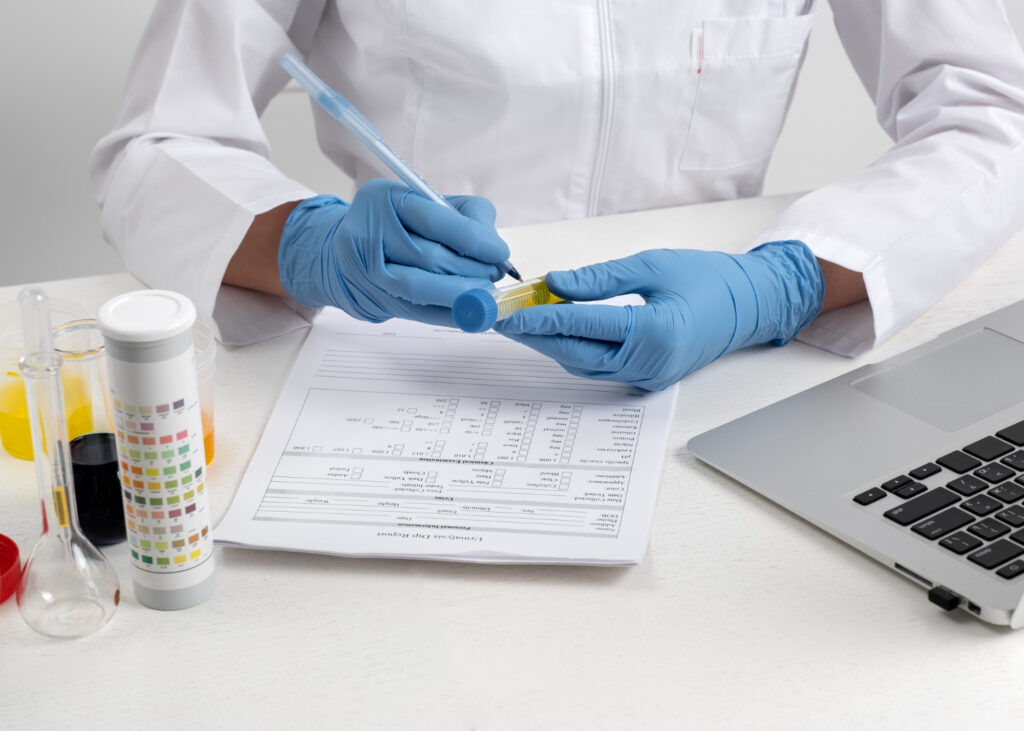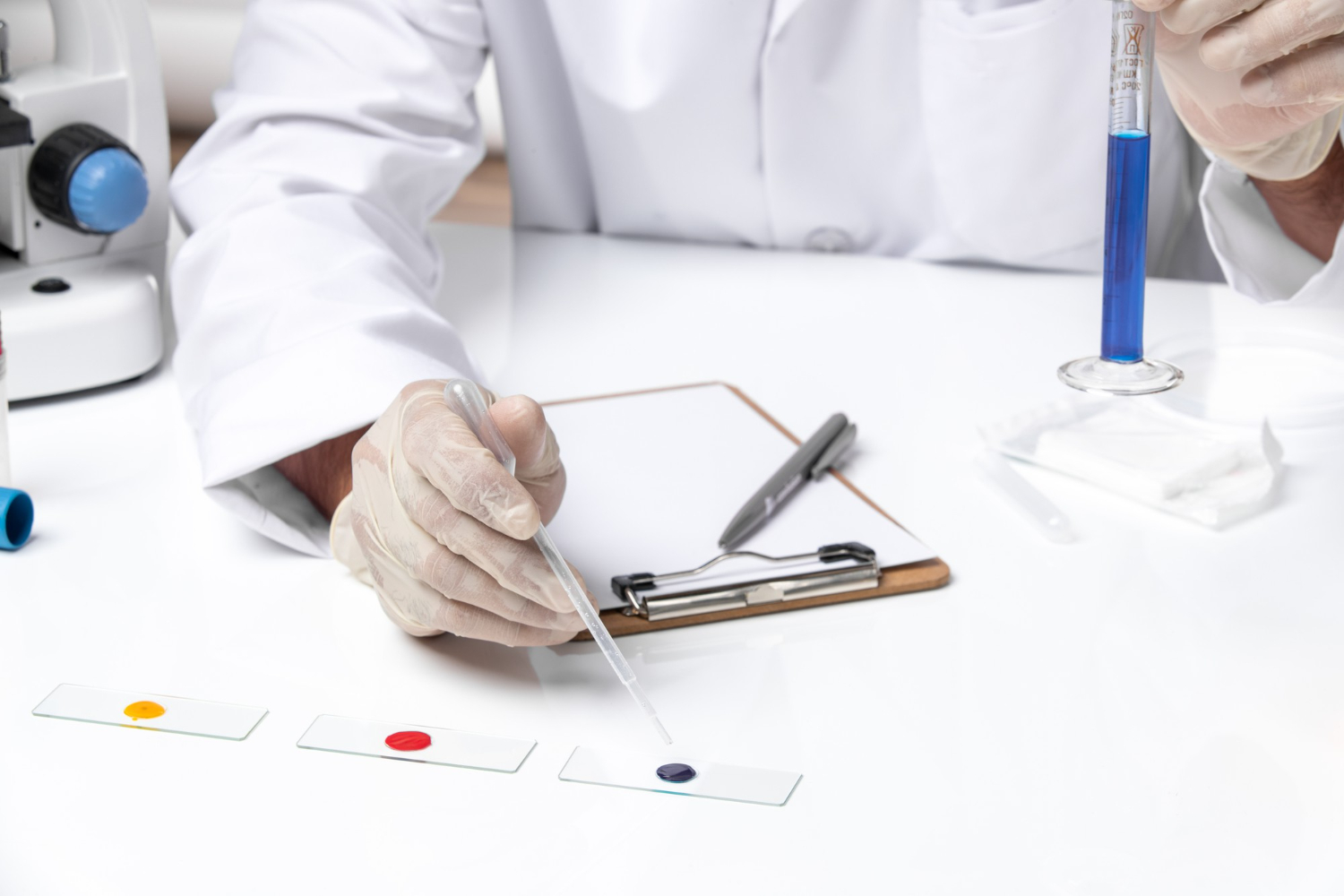Like any other job, a person who is high on drugs is dangerous. However, it’s even scarier for people who work in transportation because their workplace is the open road, which everyone uses. The Department of Transportation (DOT), which is part of the federal government, makes sure that all transportation workers follow the rules when they are drug tested. Let’s understand in detail about the dot and non-dot drug testing.
What is DOT Testing?
There are services offered by the Department of Transportation (DOT) that are meant to meet their unique needs. These rules apply to people who work in jobs that require a high level of safety. It includes truck drivers, aero plane pilots, and train workers. Federal law requires DOT drug tests to follow specific rules.
What Is Non-DOT Drug Testing?
Non-DOT drug testing services apply to fields and jobs outside the regulation of the Department of Transportation. The federal government does not control non-DOT testing. However, many companies choose to have drug testing programs to keep the workplace safe and effective.
What Is The Difference?
The specific rules and laws that control each type of testing are one of the main differences between dot and non-dot drug testing. For DOT tests, strict federal regulations apply. For non-DOT tests, employers can choose how to do them and state laws usually apply. On the other hand, for DOT testing, certain steps must be taken. Maintain records of the chain of custody, confirm the lab’s accreditation, and utilize only approved testing centres. Non-DOT testing may give you more choices about how to do the tests and which labs to use.

Which Is Better: A DOT Drug Test Or A Non-DOT Drug Test?
The type of work your employees perform, and the nature of your business will help you decide the best option between dot and non-dot drug testing for your company. It is advisable to adhere to the DOT testing standards in order to avoid fines for noncompliance if you are subject to the testing rules.
You have a little more freedom if you don’t hire people for safety-sensitive jobs or if your business isn’t in an area that the DOT controls. You can get rid of random testing, test less often than required by federal law, or test for more drugs.
What Will Happen If Your Results Are Positive?
Suppose you get a positive test on DOT Drug Tests. You may be removed from safety-sensitive duties immediately, need to undergo an evaluation by a Substance Abuse Professional (SAP) and complete a return-to-duty process before resuming safety-sensitive duties.
If you test positive on Non-DOT Drug Tests, the consequences depend on your job and the law in your state. Employers may have more options for what to do when an employee tests positive. Besides, it includes more options for punishments, recovery programs, or firing.
Conclusion
Both companies and workers need to know the differences between dot and non-dot drug testing. For jobs that are important for safety, government rules require DOT testing, which has specific steps and results. On the other hand, non-DOT testing is up to the company, which gives them more freedom in how they do things while still following the law.

